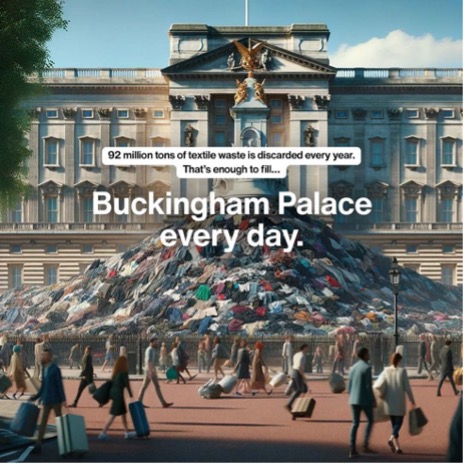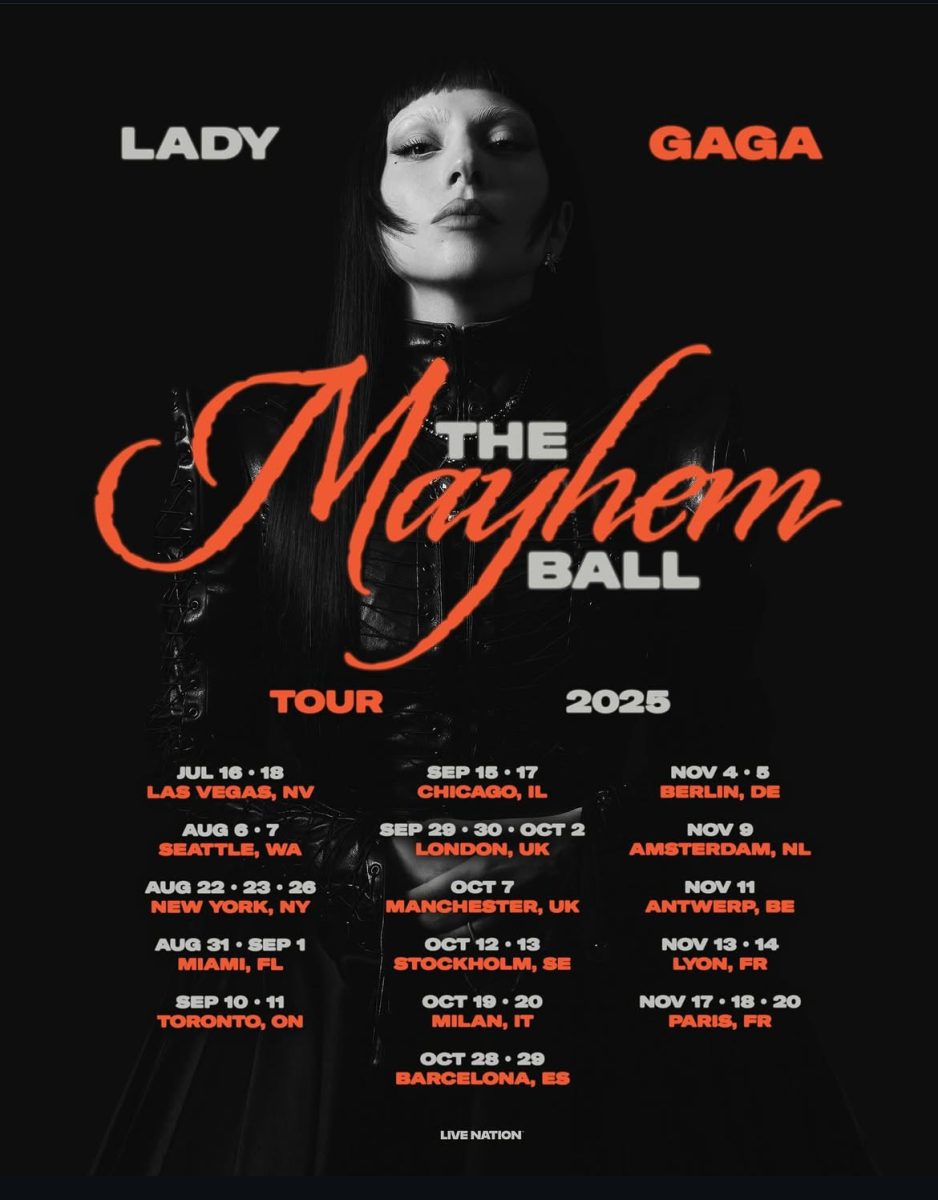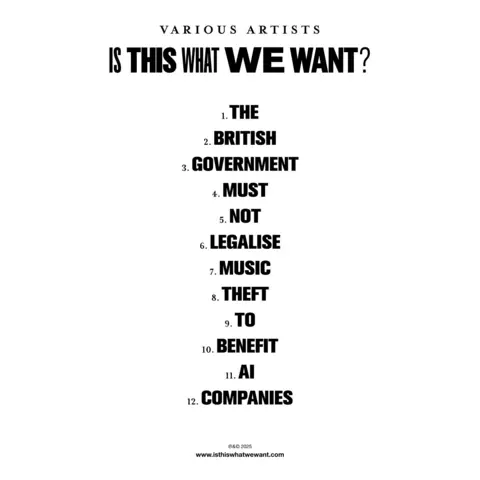Vestiaire Collective announced its ban on fast fashion, including major names such as Zara, H&M, and Uniqlo, as part of its mission to fight against fashion waste. The platform, known for its pre-owned luxury fashion items, aims to create a curated marketplace that encourages consumers to invest in quality, timeless pieces rather than contributing to the cycle of disposable fashion.
Fashion is one of the rarest industries that touches on every available resource on the planet. A wardrobe could be an embodiment of several environmental and social issues, from excessive waste to unethical labor practices. In response to this, consumers and industry leaders alike have been advocating for a shift towards sustainable fashion.
In recent years, the fashion industry has faced increasing scrutiny for its environmental and ethical practices, prompting a growing movement toward sustainable and responsible fashion. Vestiaire Collective, a major resale platform, has announced a fast fashion purge by banning fast fashion items from its marketplace. While this move has garnered attention and applause, it has also sparked mixed reviews within the fashion sphere.
“We wanted to reduce waste in people’s wardrobes, and that waste is mainly coming from fast fashion because it has no value, and as a consequence very little resale value,” said Vestiaire president and co-founder Fanny Moizant in an interview with the Business of Fashion (BoF).
Many advocates for sustainable fashion have praised Vestiaire Collective’s move as a radical action against overconsumption. Many fashion enthusiasts perceive this plan as a crucial step towards reducing the industry’s carbon footprint and promoting a more conscious approach to fashion consumption. By creating a marketplace that exclusively features pre-owned items, Vestiaire Collective encourages consumers to embrace a circular economy, where fashion items are reused and recycled rather than discarded after a few years.
“Proud that we’re encouraging everybody to think first, but second (hand)!” wrote Lise Boutet, head of Vestiaire Collective’s European market.
Despite the optimistic praise, Vestiaire Collective has faced criticism from some quarters. Detractors argue that the ban may be perceived as elitist, limiting access to affordable fashion for a broader audience. Additionally, some question the effectiveness of singling out specific brands, suggesting that the focus should be on industry-wide change rather than individual exclusions.
Moizant states that the decision to implement this ban was primarily value-driven rather than careful strategic planning, according to Business of Fashion. However, it appears that the prohibition is unlikely to generate any drastic impacts on the company’s profitability. Following its acquisition by the French luxury conglomerate Kering, the resale platform has redirected its attention to high-value items, which yield greater commission per sale.
Balancing the need for sustainability with the social and economic consequences of such bans remains a complex challenge. While sustainability has become the new obsession and perhaps the only solution for the very problematic current situation of the fashion industry, its impacts on the general market have been put under scrutiny.
Despite its positive effect, the rise of sustainable fashion has fueled several cases of greenwashing. The fast fashion giant H&M has jumped on this bandwagon by launching the Conscious Choice Collection. The collection was then debunked as mainly made from recycled polyester, a disposable material that could not be recycled into new clothes.
Furthermore, recycled polyester still creates microplastics that end up in the environment and even the food chains. Despite charging a premium for the Conscious Choice Collection, the company did not enhance its garments’ quality but increased the amount of plastic that sheds into the environment.
This example points to the core value of the fashion industry: the vicious circle of consumption and the obsession with constant changes. In this case, the question of whether buying new or worn remains inconsiderate – buying is a form of consumption.
Vestiaire Collective’s ban on fast fashion brands might highlight the ongoing shift towards more sustainable practices in the fashion industry. While the move has generated mixed reviews, it undeniably sparks important conversations about the environmental and social responsibilities of consumers, fashion creators, and lawmakers.
As the fashion landscape continues to evolve, it is crucial for industry players to find innovative solutions that address the environmental impact of fashion without neglecting the social and economic aspects. The path to a truly sustainable fashion industry requires collaboration, innovation, and a commitment to positive change from all stakeholders.
At the end of the day, what the world might need is more creativity and fewer clothes.









